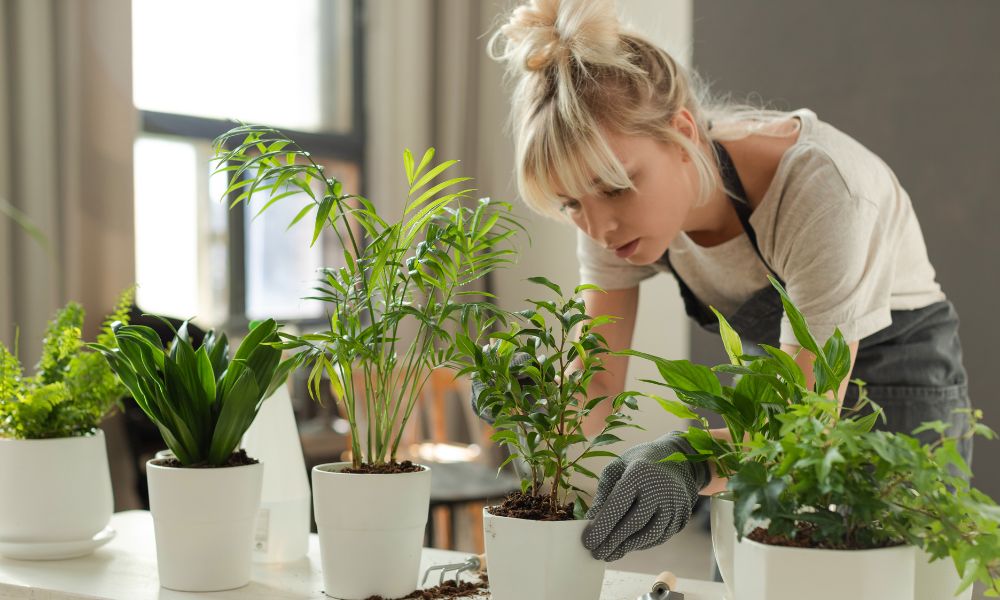Wooden matchsticks can improve the root systems of your houseplants, herbs, and fruit and vegetable plants. This everyday item has surprising uses that require little effort—learn why plants love wooden matchsticks and how to use them in indoor and outdoor gardens.
Help Plants Grow With Potassium, Phosphorus, and Sulfur
Matches contain potassium, phosphorus, and sulfur, which can improve plant health. These three chemical elements help plants obtain nutrients and grow.
Potassium aids in moving water, nutrients, and carbohydrates through plant tissue. Potassium is used for enzyme activation, which affects adenosine triphosphate (ATP) production and regulates photosynthesis rate.
Phosphorus is crucial for energy transfer in plants. It’s a component used in converting the sun’s energy into food, oil, and fiber.
Sulfur aids in chlorophyll production and plant metabolism.
Boost Root Development
Another reason why plants love wooden matchsticks is that they provide a slow-release nutrient source. As the matchsticks decompose, the potassium, phosphorus, and sulfur chemical elements gradually leach into the soil, providing a steady supply to the plant’s root system.
Matchsticks support root growth and increase secondary roots, improving the plant’s ability to absorb water and nutrients. The more extensive and efficient the root system, the more likely your plant will thrive.
Tip: Ensure Your Plants Have Plenty of NPK
Nitrogen, phosphorus, and potassium are the main ingredients in most fertilizers because they are the three key nutrients plants need to grow. While matchsticks won’t replace your need to fertilize the soil, you can use them to supplement the supply of phosphorus and potassium—the P and K—your plants rely on.
Learn How To Put Matchsticks in Plant Soil
Ensure your plant has damp, well-drained soil. Then, stick 7 to 10 matches right under the soil’s surface, with the head of each match facing down. You can use 5 to 7 matches for plants in smaller pots.
Check one of the matches after about an hour to see if the match head has dissolved. If so, remove all the matches and throw them in the trash or your compost bin. If the match head hasn’t dissolved, leave the matches in the soil for another 15 to 20 minutes, then repeat the checking process.
Maryland Match is your go-to provider for quality bulk matches. Buy matches in bulk to save on costs and ensure you have all the matchsticks you need for everyday use, as well as for specialty projects such as gardening. Shop with us today for 47 mm, 80 mm, and 96 mm wooden matchsticks.

